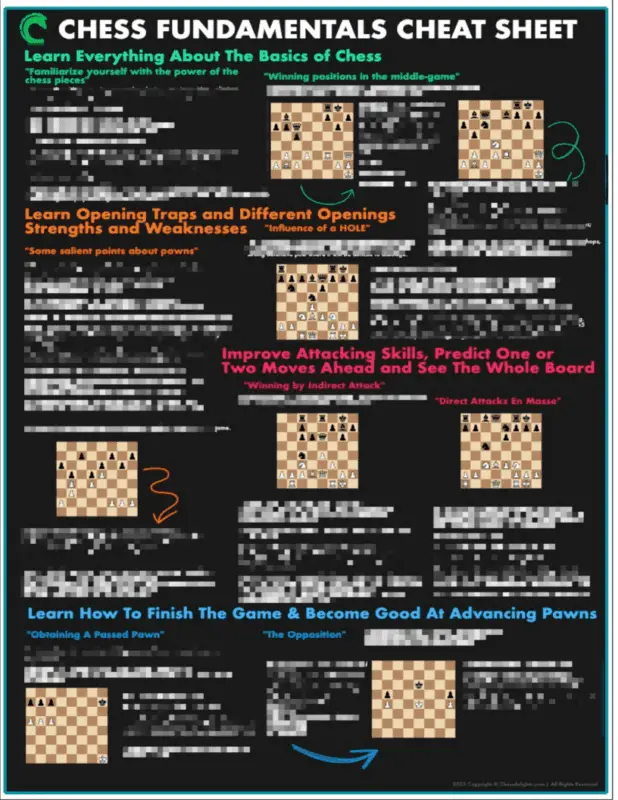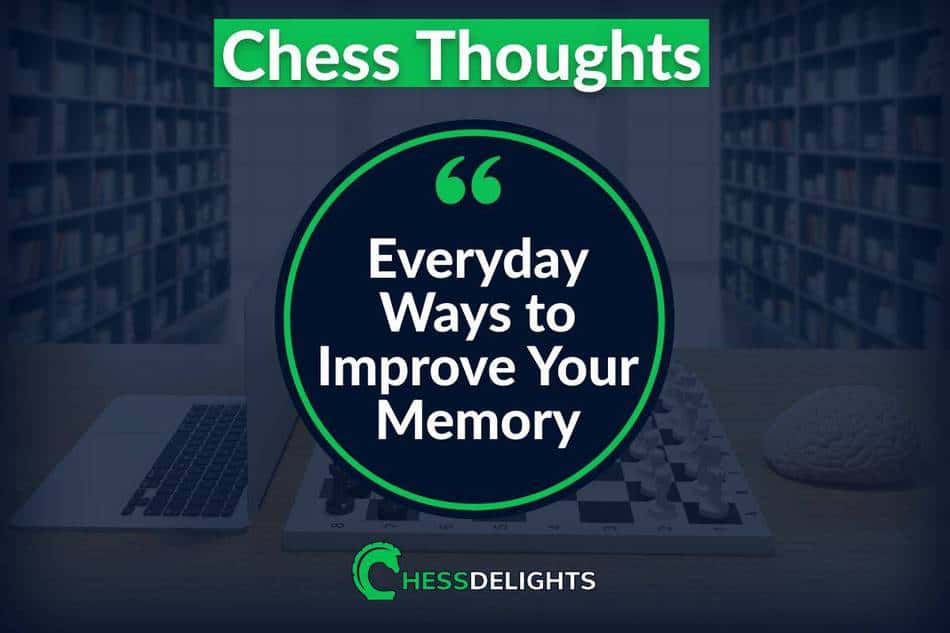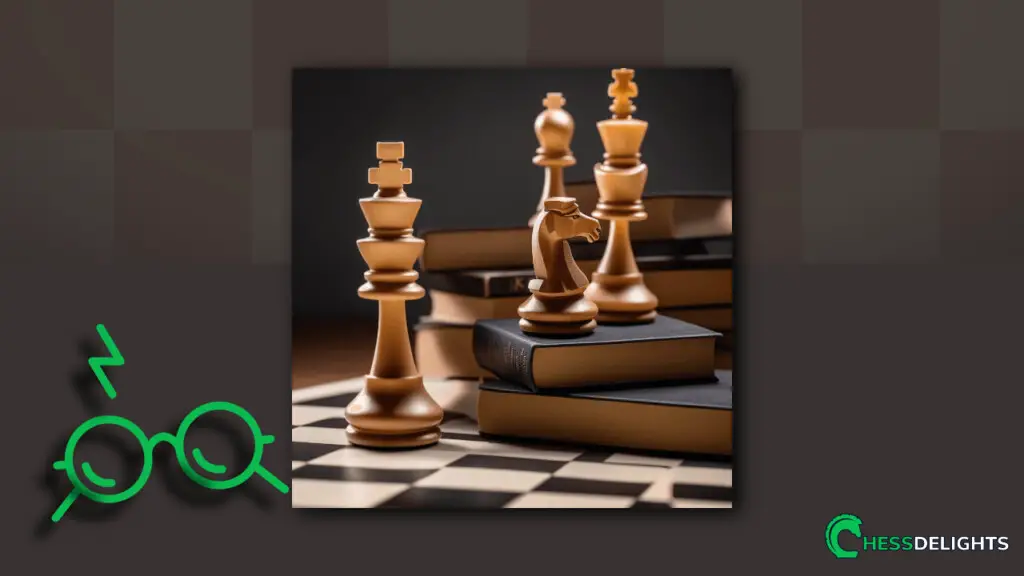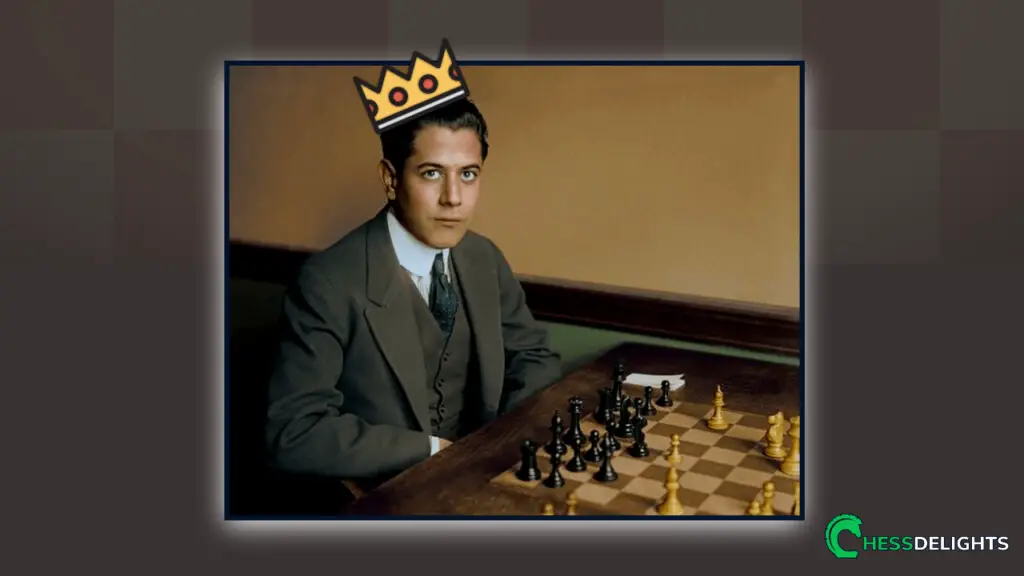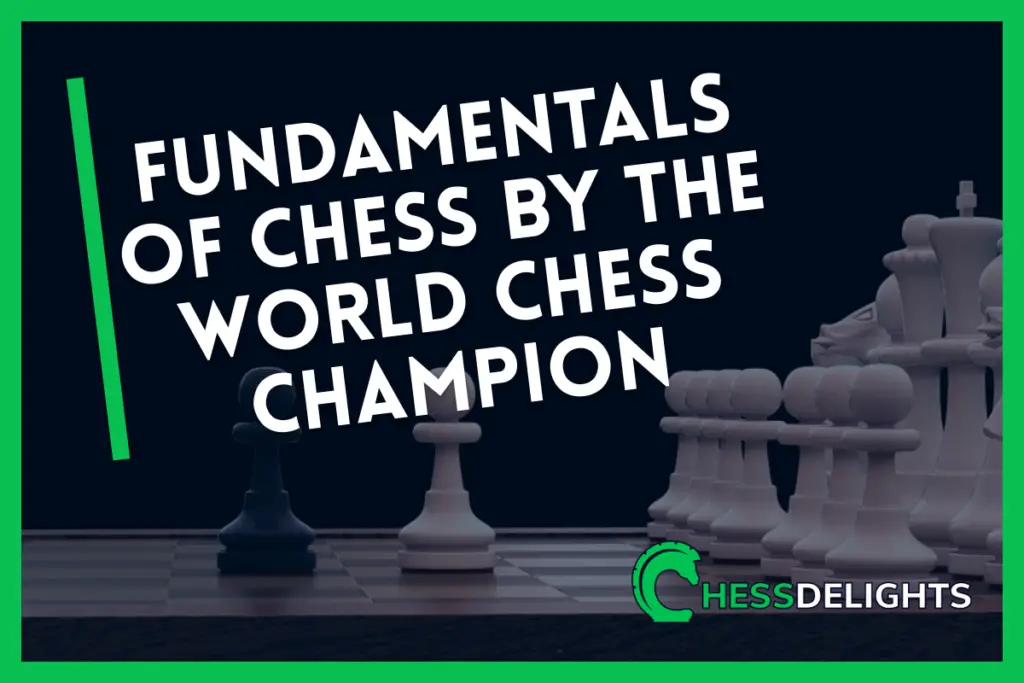Building up the strength of your memory has a lot to do with the habits you create and keep. Chess players are often particularly interested in improving their memory as doing so can greatly improve their playing skills. They aren’t the only people eyeing memory tricks, however.
Older folks who feel their memory is fading will often search for ways to make it stronger. Others who feel they’re forgetful in their day-to-day routines will also be interested in methods for improving their memory.
Those having mental health concerns will usually be asked to recall their memories in therapy in order to assess the situation, make a diagnosis, and figure out a treatment plan. In other words, our memory needs to be as strong as possible.
The link between memory and mental health is at times mysterious but nevertheless exists. Poor mental health in our younger years can even influence our memory later in life. There is also a difference between short-term and long-term memory, and you can use different tricks depending on which you’re wanting to strengthen.
No matter your reason for wanting to improve your memory, there are methods and techniques everyone can draw benefit from. Most are simple changes you can make, but even small changes have the potential for a large and lasting impact on your brain. At the very least, these tips and tricks can only help you.
Make Healthy Food Choices
There are several health conditions that have been linked with poor memory. Some of these health conditions include things like high blood pressure and high cholesterol. How does one prevent these conditions and therefore have a better chance at improving their memory? The answer lies in a healthy diet and making smart food choices. Our brains feed off of foods like fish, fruits, vegetables, almonds, Greek yogurt, and olive oil. Fish is especially good for your mind and memory because it has omega-3 fatty acids in it.
The most important thing to remember when it comes to your diet is that moderation is key. This means you can eat almost anything as long as it’s portioned appropriately, and you don’t eat it too often. Unless it’s something healthy like fruits and veggies, try to eat it in moderation.
Watch Your Sugar
Part of making healthy food choices is watching how much sugar you’re putting into your body. If you have a big sweet tooth as many do, this can be particularly hard. Sugar isn’t good for your brain or body and should be avoided in large quantities. Everyone needs some sugar every day, but it’s better to get your daily sugar requirements through natural ways like eating fruit, which is full of healthy sugars. Processed foods tend to be highest in their sugar content, so try to stick to the outside aisles of the grocery store where the fresh, unprocessed foods are more likely to be found.
Make Time for Moving
Exercise goes along with eating healthily and is just as vital to your wellbeing. Your physical health correlates with your mental health, including your memory. You don’t have to do any crazy workouts or run a marathon in order to stay active (although you can if that’s your thing). Simply take a walk around your neighborhood, go take a yoga class in the park, or go play frisbee with your dog.
Getting exercise should be fun and enjoyable, not something that stresses you out or feels like a chore. Sometimes it takes a while to get into an exercise routine, but the more often you stick with it and show up, the easier it gets. You’ll have to manage your time well in order to make room for activity each day but doing so is worth it.
Try changing up your workout routine instead of doing the same thing over and over to make yourself more motivated to exercise.
Get Enough Sleep
Most people know that the amount of sleep they get each night affects them in more ways than one. Not only does your sleep pattern influence how much energy you have for the day ahead, but it also can affect your memory. Sleep deprivation is shown to reduce both short and long-term memory retention, among other negative consequences.
Everyone needs a different amount of sleep each night, although the recommended number of hours is eight. If you’re wanting to strengthen and improve your memory, make sure you’re getting the right amount of sleep for your body and mind every single night.
If you’re having trouble sleeping or think you may have insomnia, make sure to see a sleep therapist for help. Your brain will thank you for it.
Play Brain Games
Brain games are a fun way to keep your mind stimulated and awake. There are many different brain games to choose from. From Sudoku to crossword puzzles to jigsaw puzzles, there’s something for everyone and every age group. You might get bored after a while if you play the same game over and over, so try to switch it up at least every once in a while.
Brain games don’t have to be overly complicated, but they should challenge you in one way or another. Due to a rapid advance in technology over the past several years, you can now even download helpful apps that work to improve your memory.
Just be careful with how much time you spend staring at a screen. It’s best to alternate between online games and physical, in-person games for the greatest benefit. Brain games are a great way to have fun while also doing something that benefits your health.
I suggest you also learn how to play chess alone too.
Try Not to Cram
New information takes a while to settle into the brain, so try not to cram or put lots of memory items into your brain at the very last minute. Instead, spend 30 minutes to an hour each day reviewing that same information piece by piece. It’s okay to slow down instead of rushing through everything.
Cramming also usually means you’re sacrificing your sleep on top of trying to remember too much. Too little sleep, as discussed, only leads to bad consequences.
Do yourself a favor and plan ahead for any retention or studying you need to do. Not only will you feel less stressed, but you’ll retain the information better. It’s a win-win situation.
Take a Break from Screens
Over the years, our attention spans have gotten alarmingly low for a variety of reasons. One of these reasons is the rise in technology. We spend more time than ever looking at screens and playing on devices. Short attention spans cause us to retain information at a much lower rate and we become more forgetful as well.
Taking frequent breaks from screens and monitoring your use of technology will help protect your memory from taking a hit. While technology provides many benefits for improving memory, it can also be detrimental and produce the opposite effect if overused.
Practice Retrieving Memories
If you’re worried about forgetting something, try remembering it! If there is a memory that feels a little hazy to you, try to recall all the details you possibly can. It helps if someone else also shares the memory because you can try to fact-check what you remember with what they remember.
Keep in mind that our memories can be wild cards and mysterious, and people don’t always remember things like they actually happened. If you have memories that are very clear in your mind, try writing them down. Or write down events as soon as they happen.
Days, weeks, or months later, go back and try to recall all the little details. Doing so will hopefully help you remember something positive but will also challenge your brain in a good way.
Mindful Meditation
If you’ve never tried meditation or mindfulness before, you should give them both a try. Meditation is the practice of achieving a peaceful state of mind by focusing on some object or thought continually. Mindfulness, on the other hand, can look different from person to person. As a general rule, mindfulness simply describes being aware of your thoughts and feelings and noticing them without judging them.
While the link between mindful meditation and memory isn’t set in stone, there have been proven correlations between the two. Taking just 10-20 minutes out of your day to meditate has been shown to improve both learning and memory.
Mindfulness is something you can practice at any time throughout the day and makes you more likely to remember what’s important because you’re more aware of what’s happening around you.
Visualization
Have you ever had a hard time grasping a difficult topic or concept? It may be that you were being taught in a way that wasn’t in line with your learning style. Therefore, the information being taught went right over your head. There are verbal, auditory, visual, physical, and logical learners, to name a few.
Visual learners in particular need to see concepts drawn out to understand them. The same goes for memory. Sometimes you need to visualize or picture something in order to remember it. This works great for chess players who can envision their next move or how their opponent might react to a certain move.
Visualization can help both short and long-term memory but is particularly useful for remembering things in the short term.
Read Out Loud
If you’re a big reader, you may be able to improve your long-term memory by reading those books out loud. You might feel awkward doing so while alone, but if it works, it’s worth it. This is especially helpful if you need to remember whatever it is you’re reading. So, whether you’re studying or trying to remember a specific chess move, read it out loud to yourself next time and see how much better you’re able to recall the information.
Also, we recommend checking out our ChessDelights Edition of “the Chess Fundamentals” Digital Interactive Book here.
For Chess Players
Chess players are memory masters and are always looking for new ways to improve their game. The best way to improve your chess memory is to simply immerse yourself in the game of chess. Read as much about chess strategies as you possibly can. There is an endless number of books written on the topic, and you’re guaranteed to never run out of more reading material.
Play the game as much as you can and try to play with different opponents instead of the same one.
Different people play with unique strategies, and though they may catch you off guard, you’ll be stronger for it in the end. Focus on your day-to-day memory strategies and then incorporate those into the game of chess. Hopefully, you’ll see improvement in more than just your game.
Don’t forget that simply playing chess improves your memory every single time you play.
Recognize that memory isn’t entirely in your realm of control and we all have times that we forget things or can’t recall a memory that everyone else can. There are a lot of factors that go into the strength of our memory beyond what is listed. For example, genetics play a huge role. This is why some people are more prone to neurological diseases like Alzheimer’s or dementia.
Others may have suffered from a traumatic brain injury after a bad fall or car accident. Stress, anxiety, and other health conditions can all lead to poor memory as well.
Finally, some people just naturally have poorer memory than others, but it’s nothing to feel badly about. You should still attempt to live as healthily as possible because the choices you make each and every day will impact how well you are able to remember things. You may even be able to prolong certain conditions or the brain again by making smart choices. Above all, try to keep your brain stimulated and challenged whenever possible. Even the smallest efforts toward strengthening your memory can reap huge rewards.
